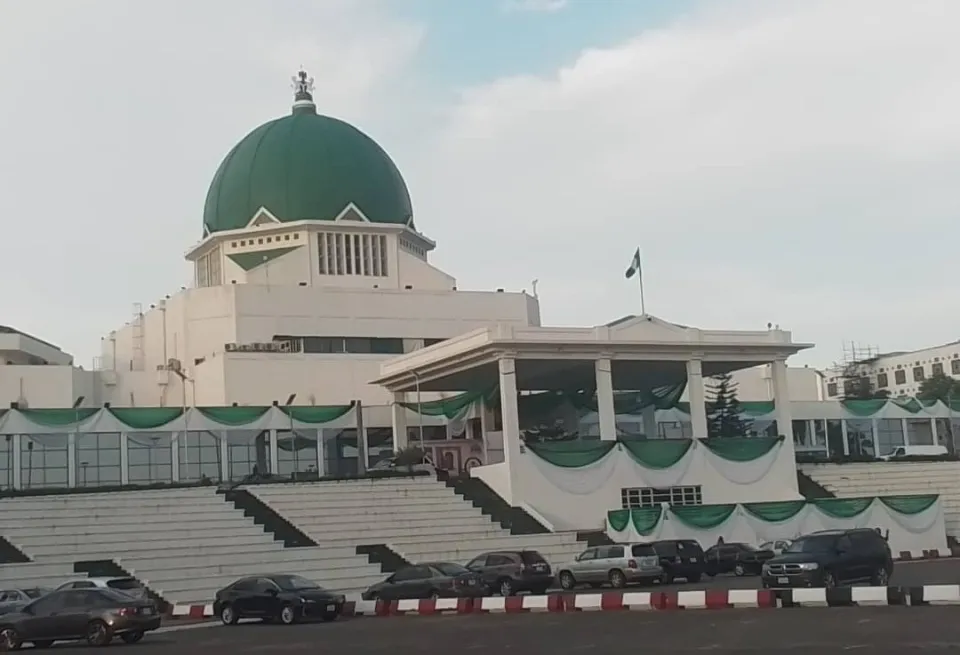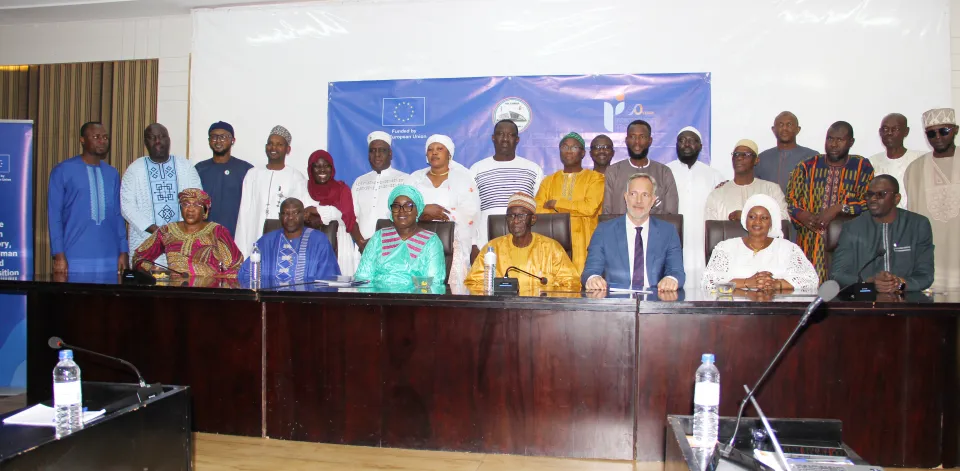How to tackle dirty money in politics - International seminar in Lima, Peru
International IDEA, partnering with Transparency International and the Government and Public Policies School of Pontificia (Universidad Catolica del Peru), organized an international seminar on the Quality of Democracy in Latin America. The seminar is part of the work the IDEA office in Peru is doing to advance this topic in the Andean region and in Peru particularly, leading to the presidential elections next year.
The two-day seminar, which included closed workshops and public lectures, gathered more than 200 participants from several Latin American countries. The discussions centered on money going into politics from organized crime, a growing concern in many Latin American countries.
Prof. Manuel Alcántara, Mexican politician Beatriz Paredes and Daniel Zovatto started the seminar with an open lecture on the framework of democracy, the representation crisis faced by political parties and legislative bodies in the region and concerns about challenges of a slowing economy and weak state institutions faced by many countries in the region.
The representation crisis in the region is mainly the result of the failure of political parties to attract young people and their slowness to adapt to new communication tools as well as a slow response to the erruption of new social groups in the public sphere, Peredes said during the lecture.
Also speaking at the event was Delia Ferreira, former president of PODER CIUDADANO (Transparency International’s chapter in Argentina) and a renowned specialist in the funding of politics, along with representatives for the national chapters of Transparency International Pablo Secchi, Argentina, Sandra Martinez, Colombia, Alberto Precht, Chile, and Manfredo Marroquín, Guatemala.
When it comes to organized crime there are three main challenges the region must address, Delia Ferreira said during a closed panel discussion. First is that the point of access for dirty money into politics has shifted from the national to local level “where it can hide in plain sight”. Second, impunity at the state level is often the service expected in return for dirty money. Third, the tools that have been implemented so far are insufficient to deal with organized crime groups.
Transparency International´s national representatives also worked together with International IDEA, PROETICA and representatives of Peruvian electoral management bodies to exchange experiences about successful attempts to supervise political parties and their funding. These included attempts in Colombia to develop a standardized format for political parties to account for the money they raise and spend in political campaigns, through an initiative called “Cuentas Claras”.
In Guatemala, the United Nations helped found the International Commission against Impunity (CICIG) in 2007, a commission which proved to be an efficient tool to target organized crime and dirty money.
Moreover, the experts reflected on the current situation regarding organized crime and the dangers it represents for democracy and politics in the region. Many experts attending the event agree that although many Latin American countries have come a long way in the electoral processes, there is a need to strengthen democratic institutions through extensive reforms. Many of the necessary reforms have been left unfinished following the economic downturn and their future is currently uncertain putting more pressure on the democratic development.



